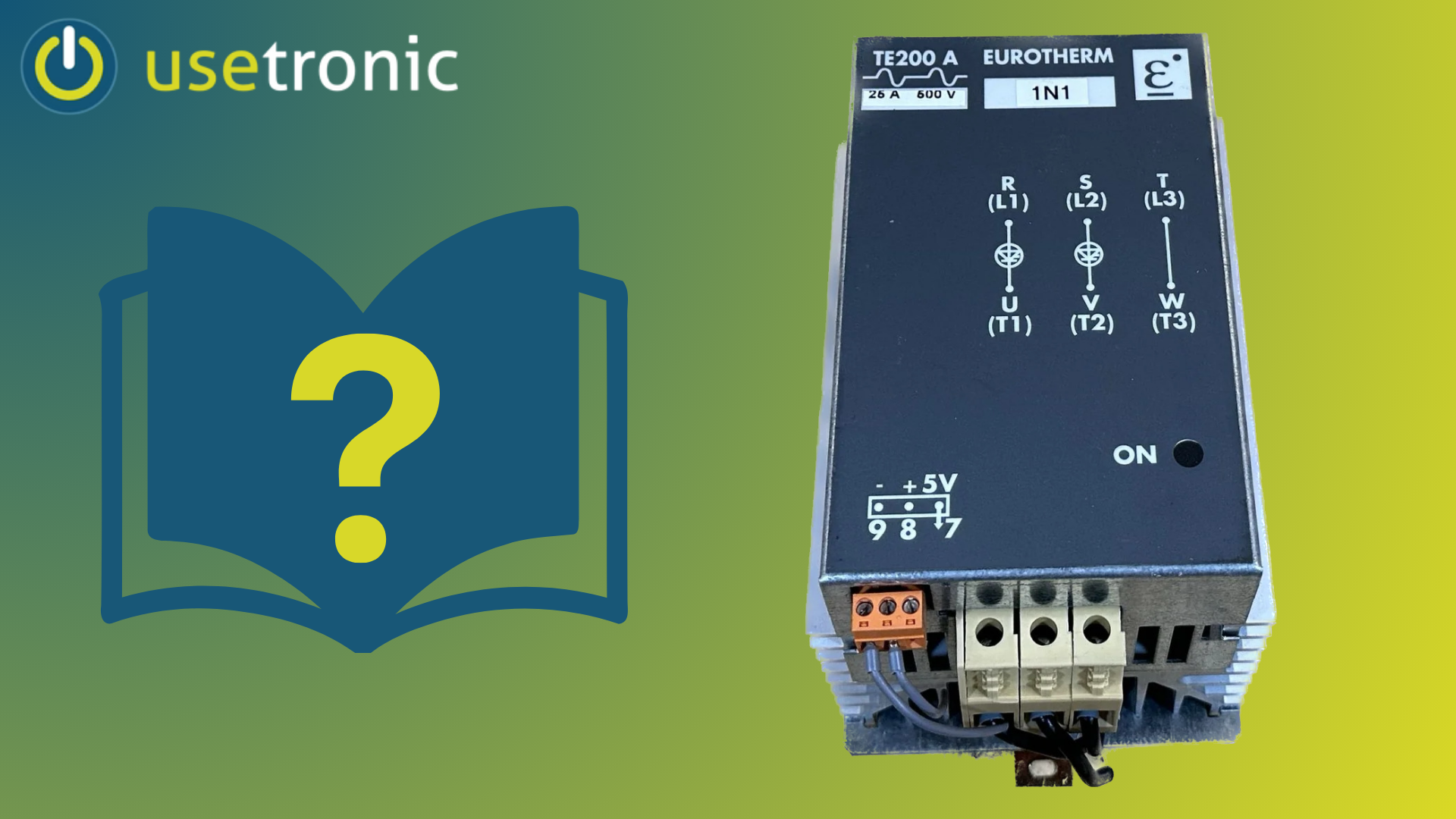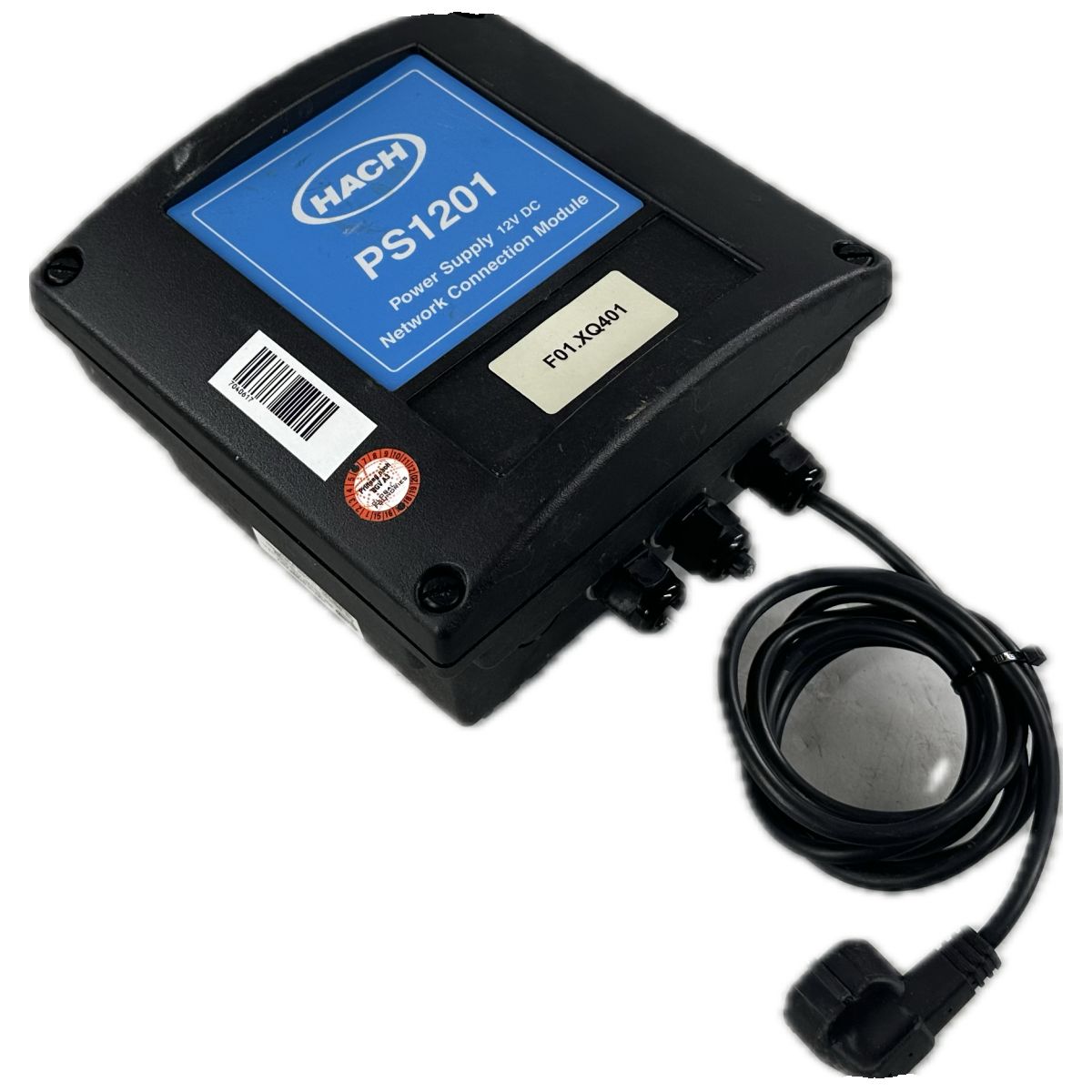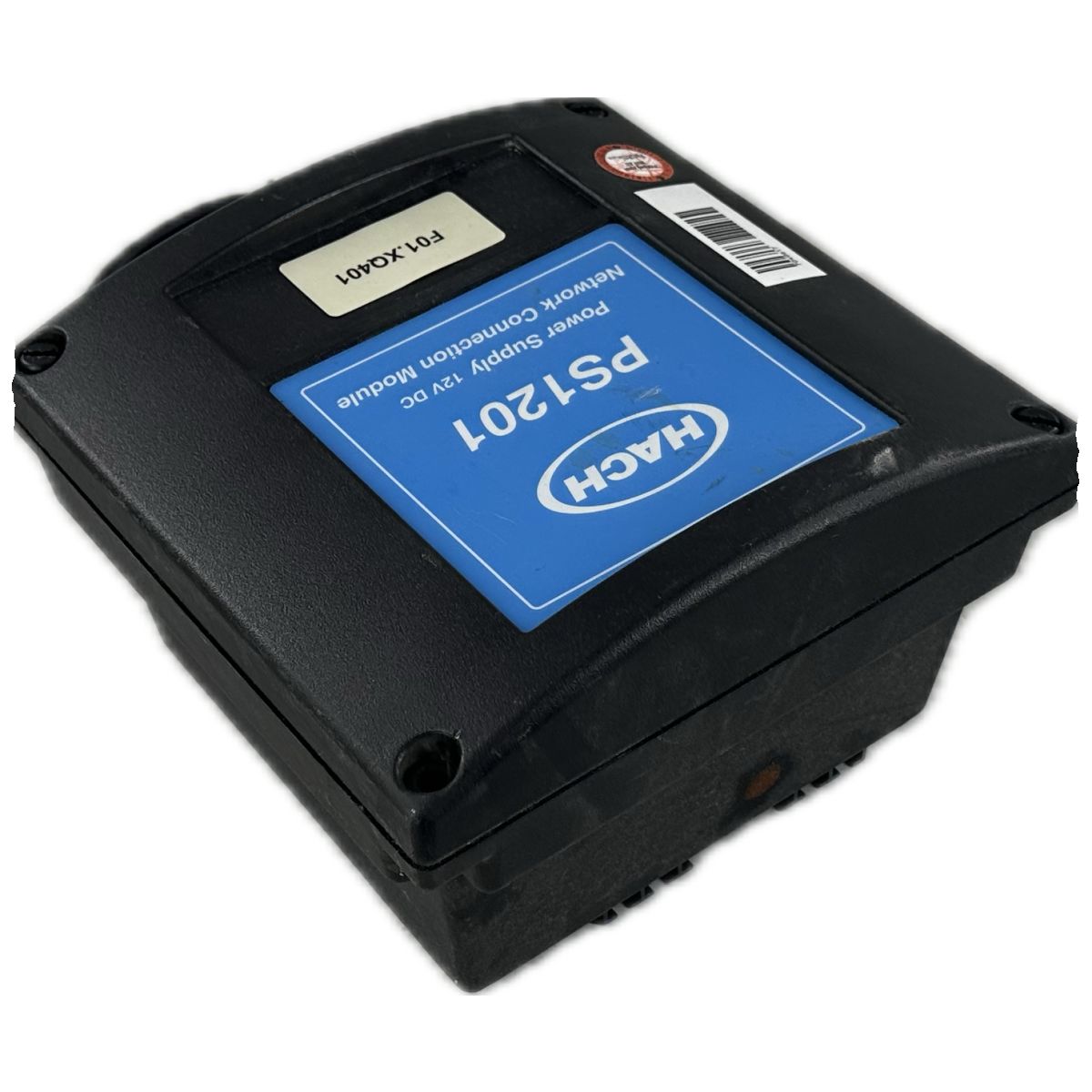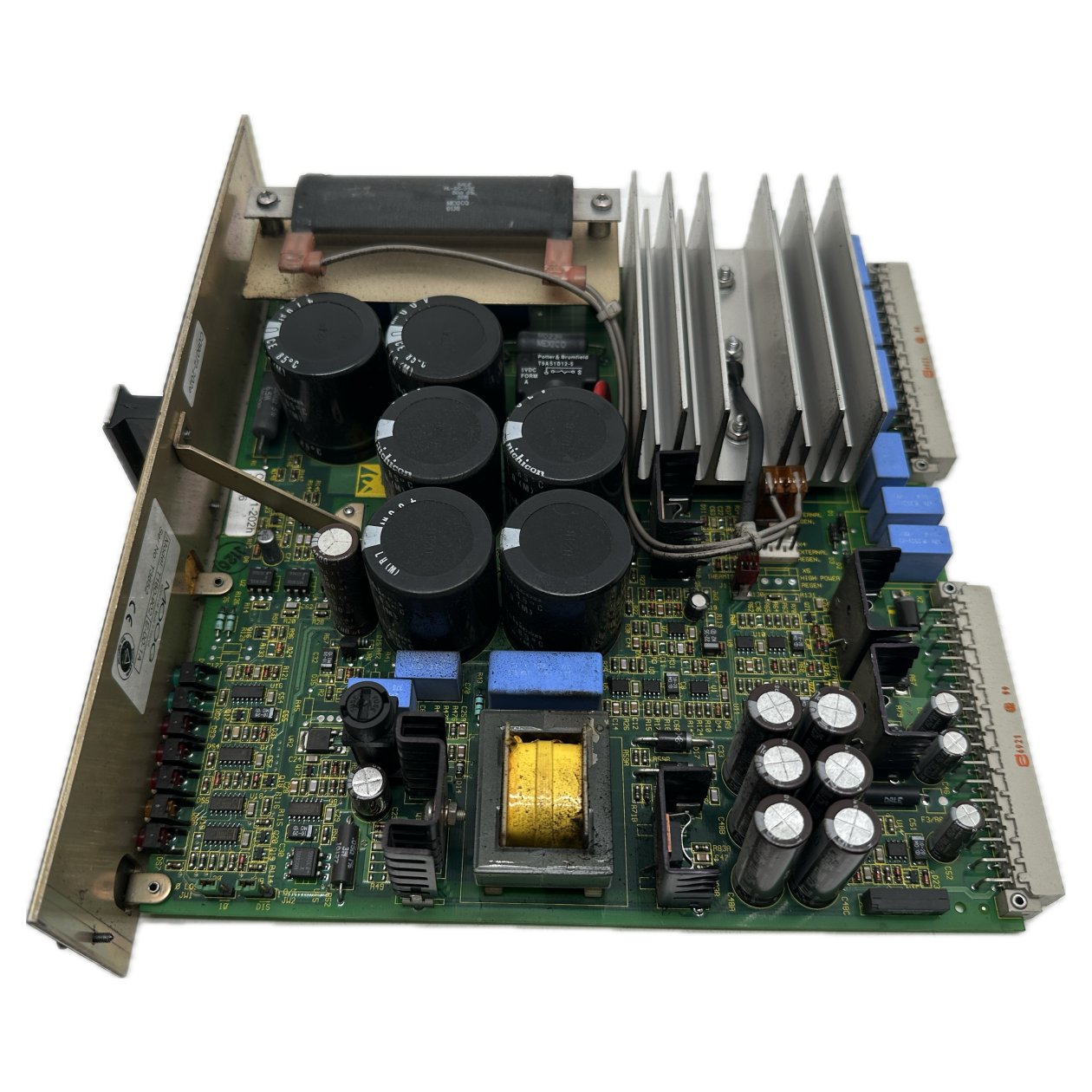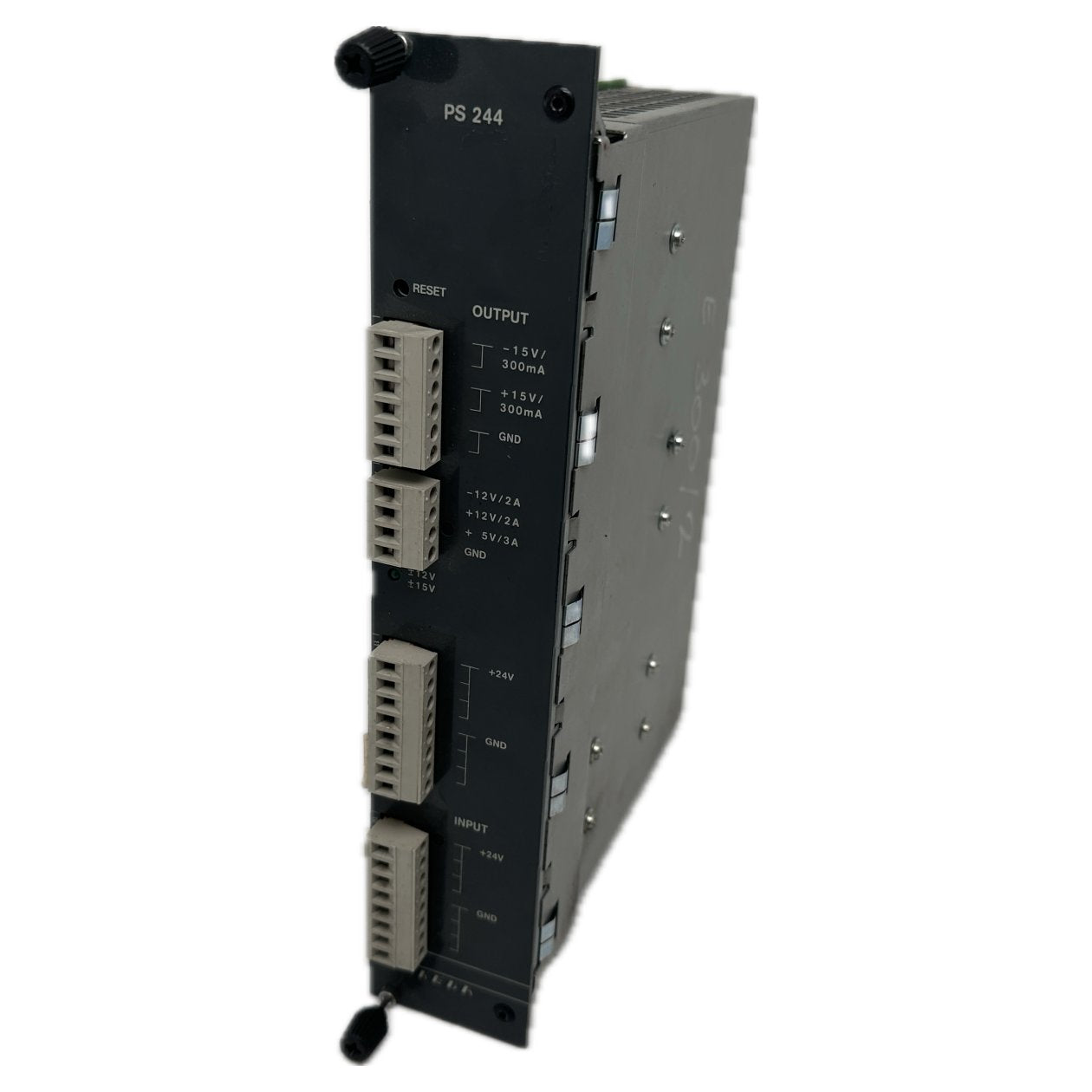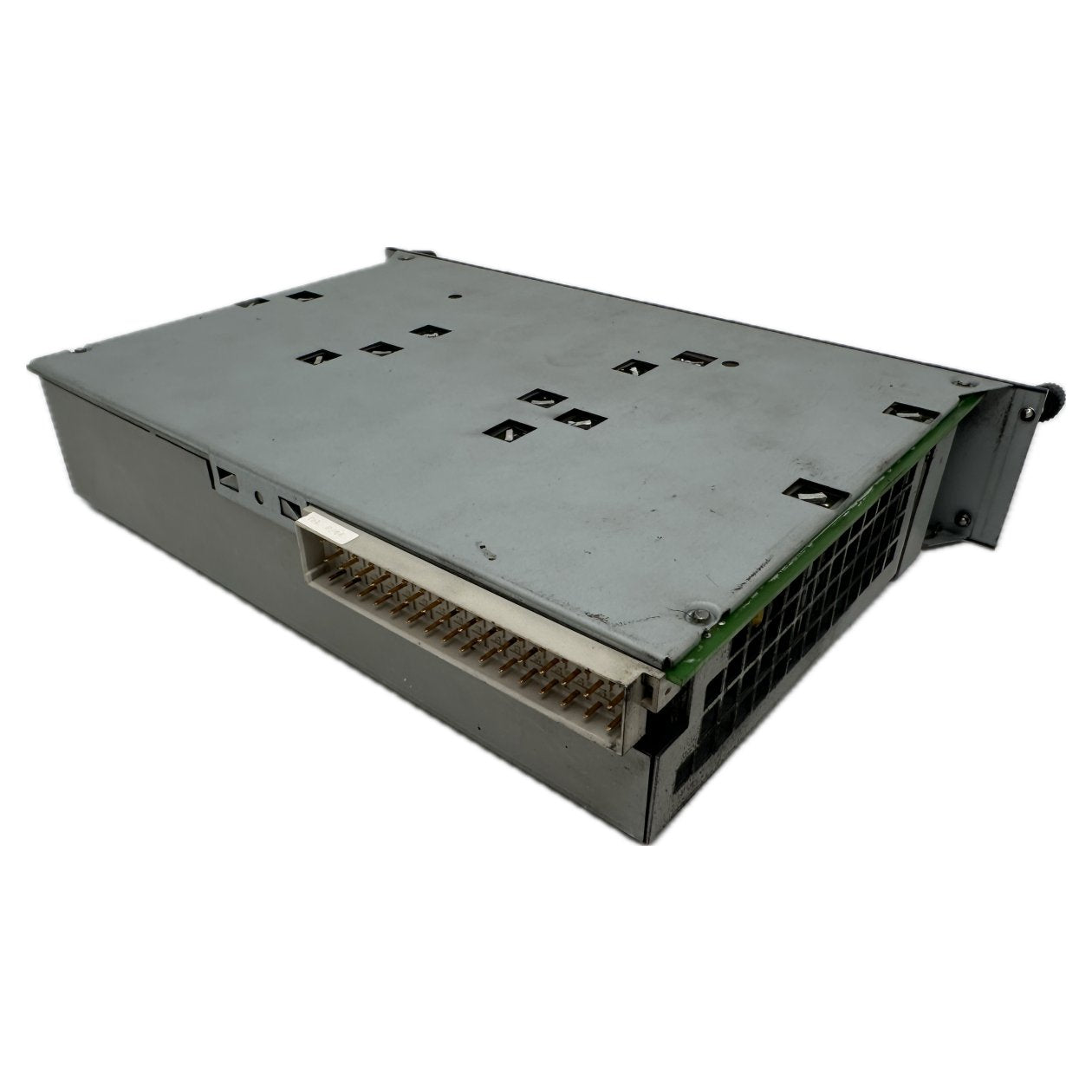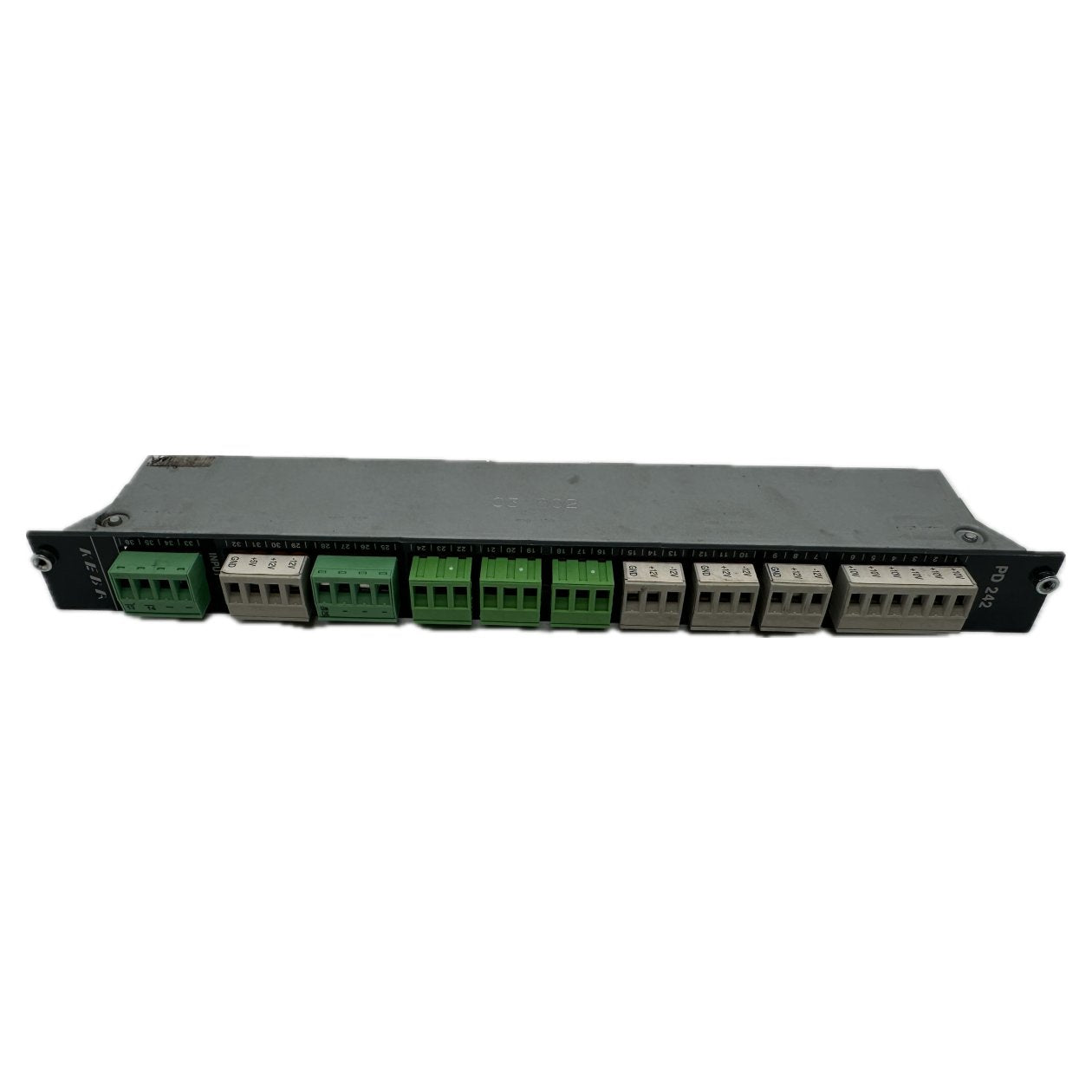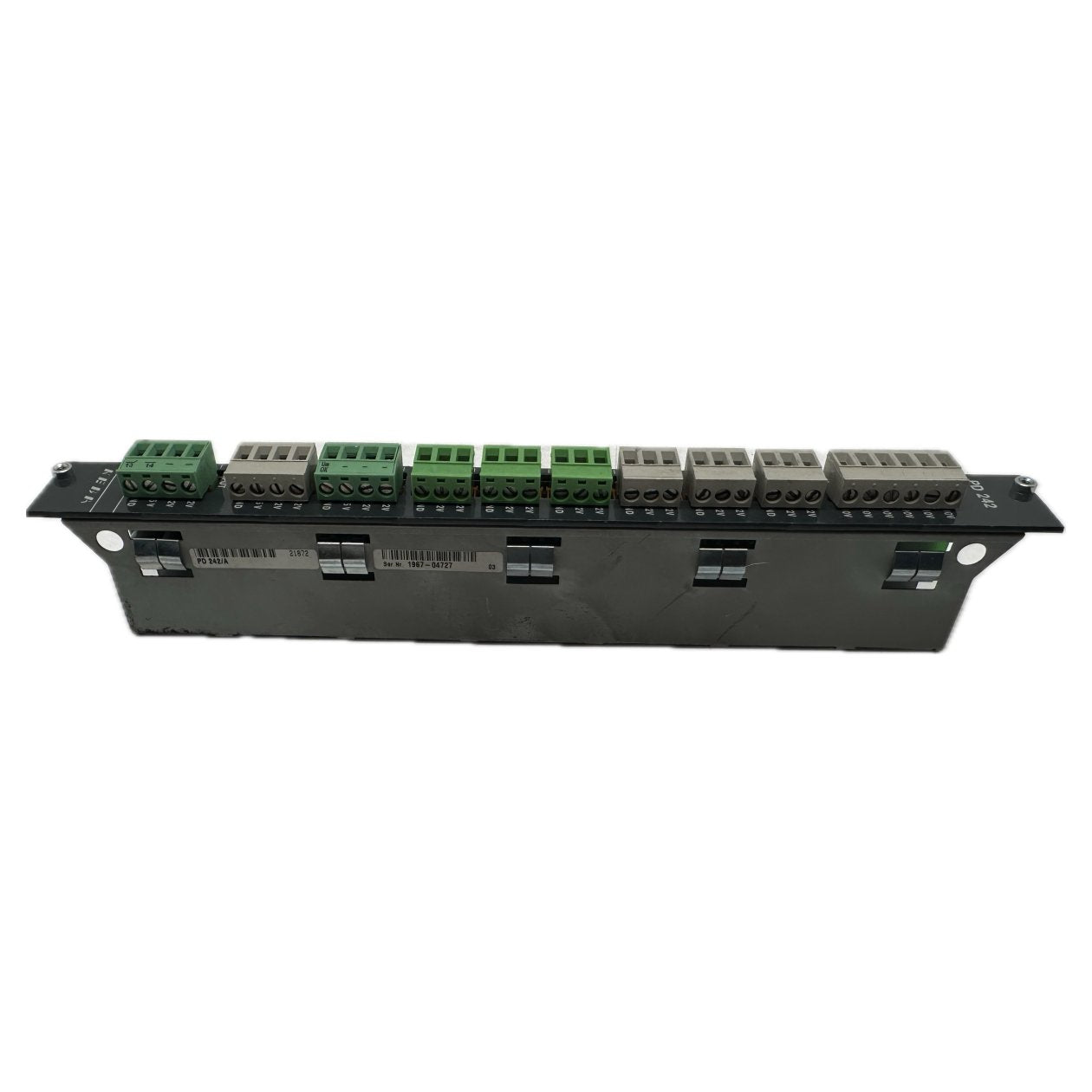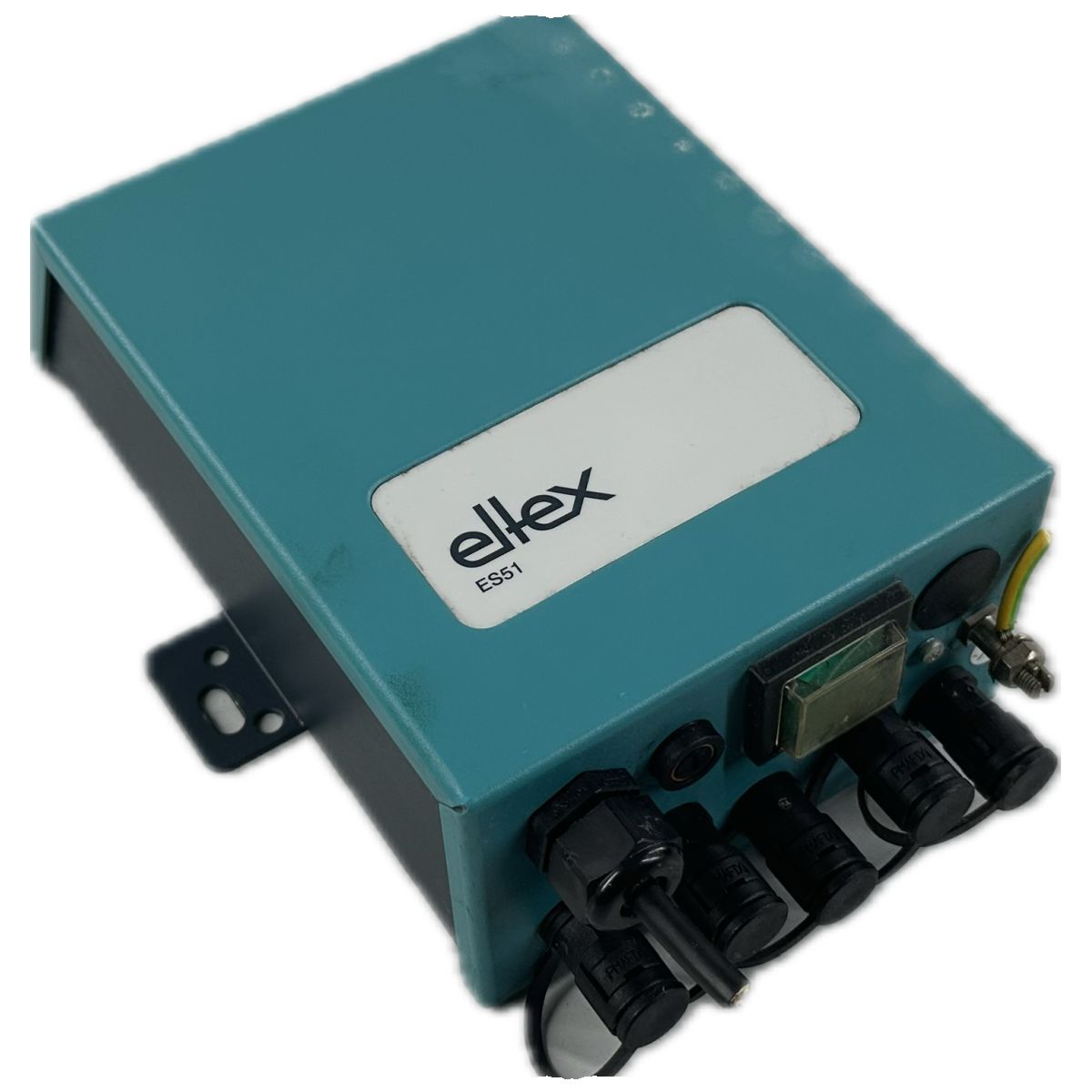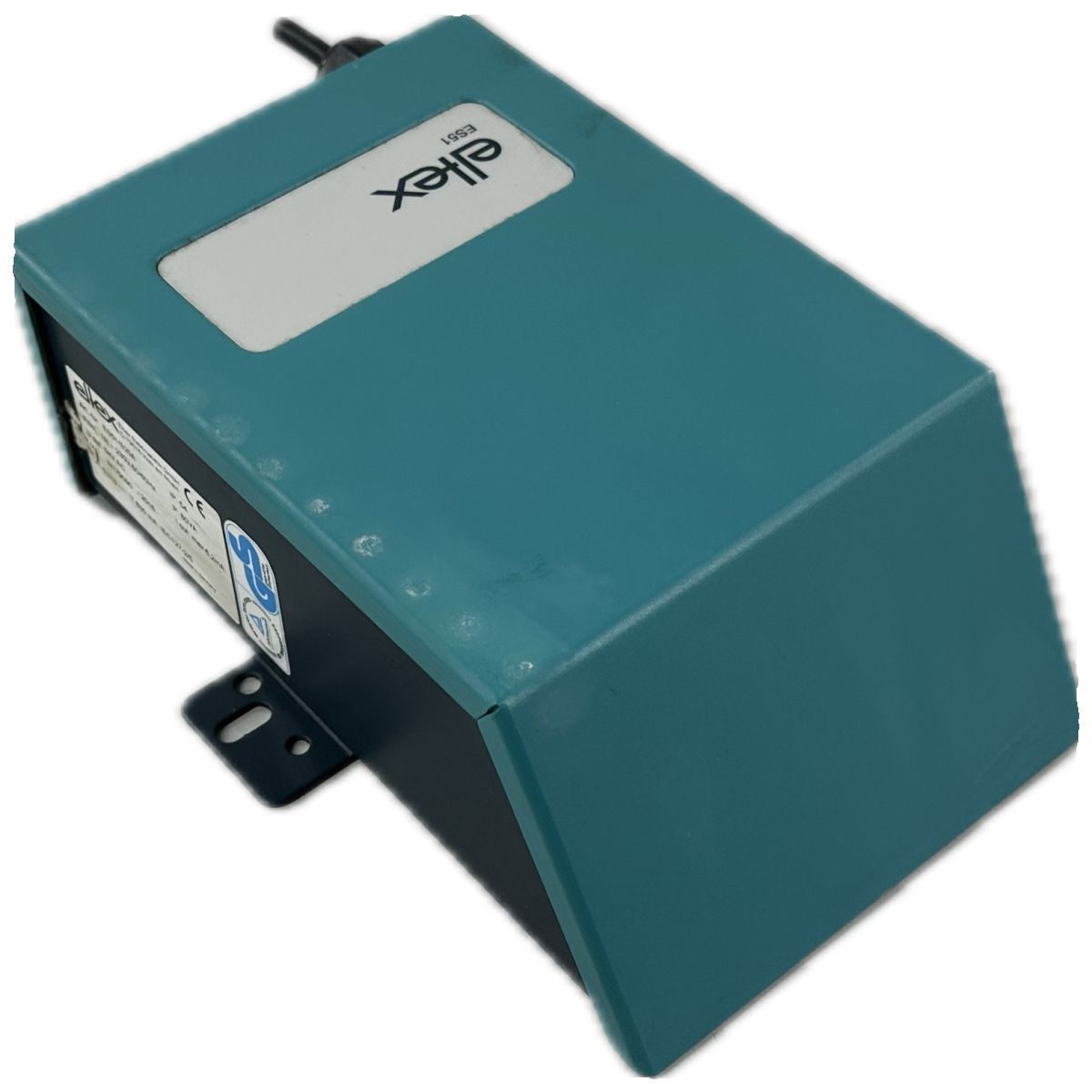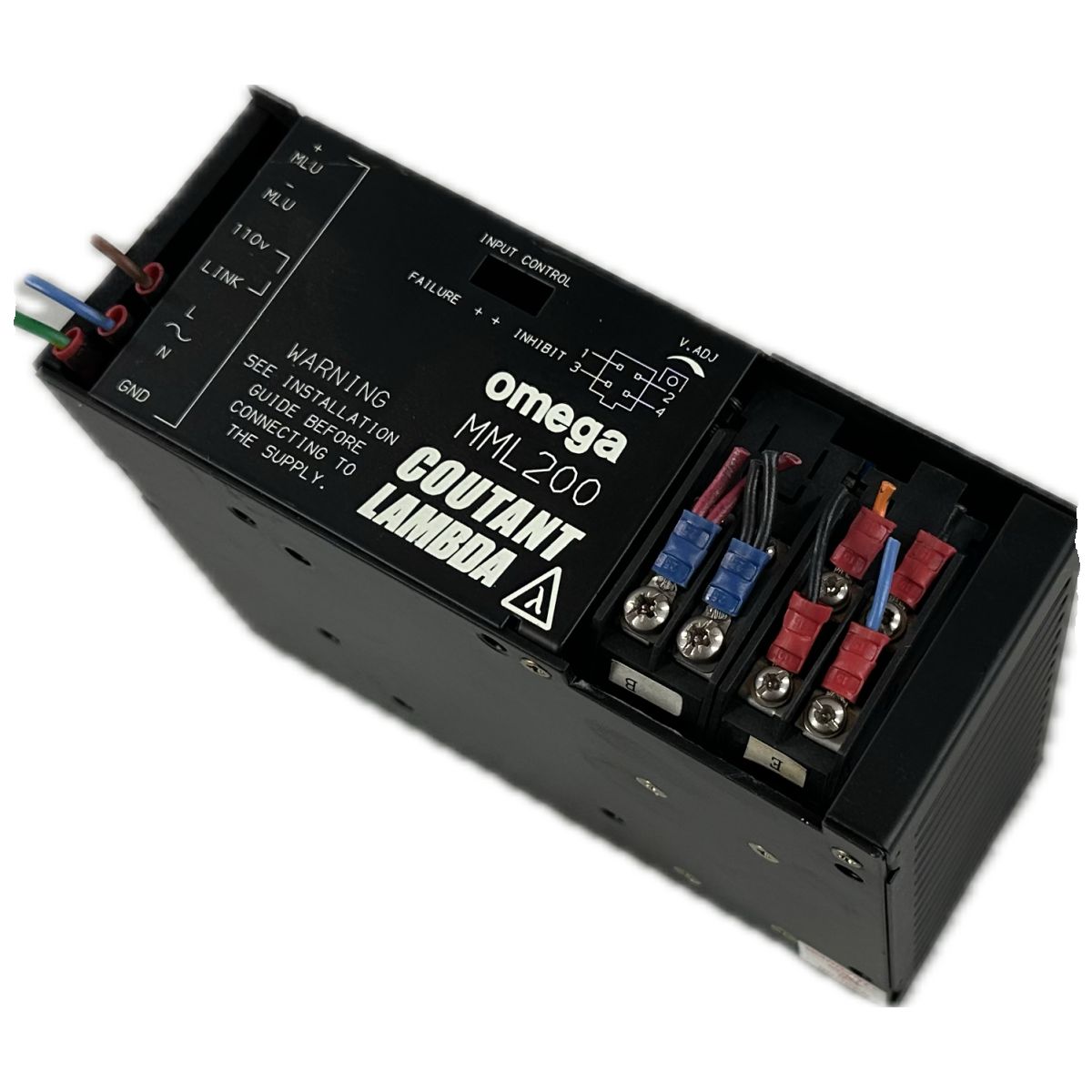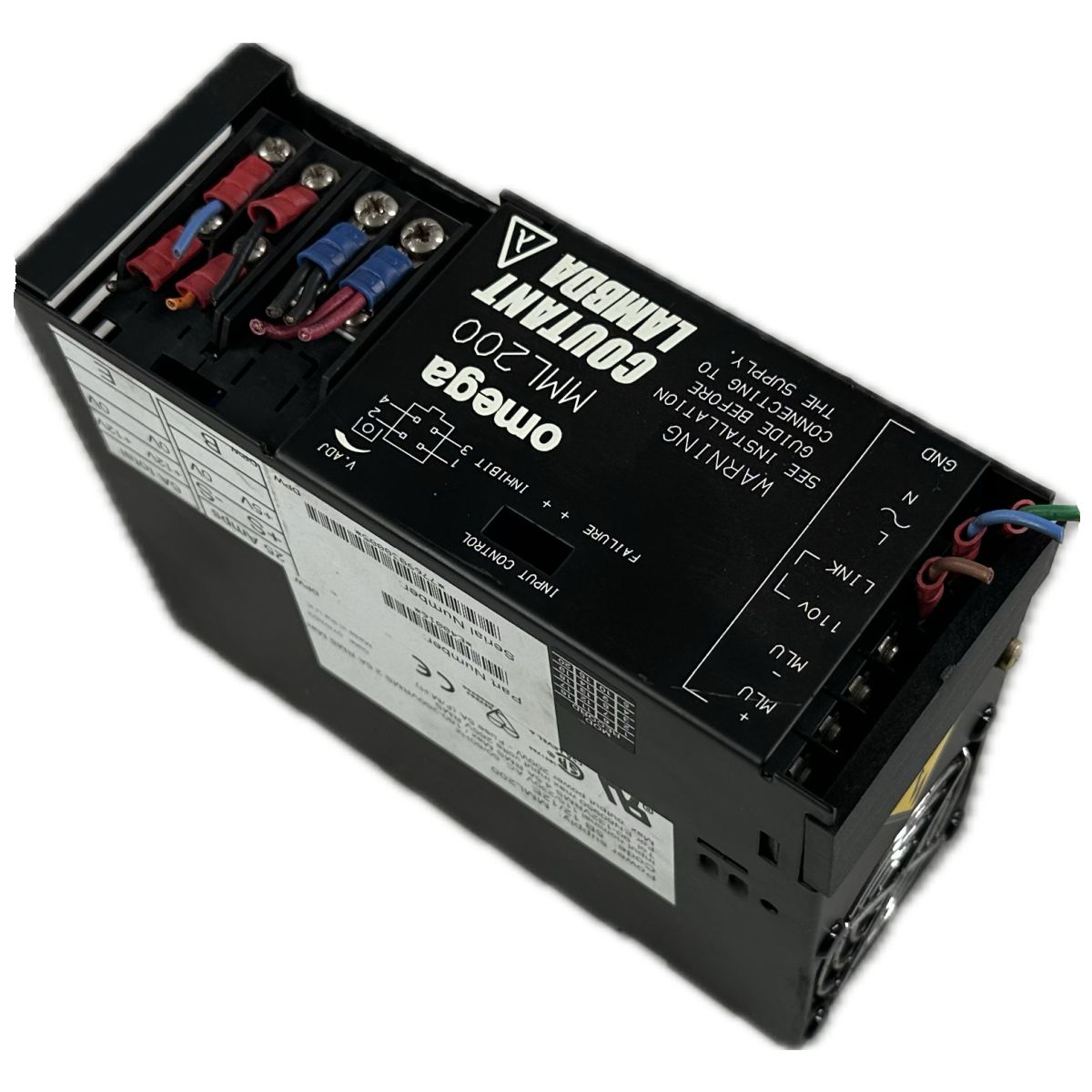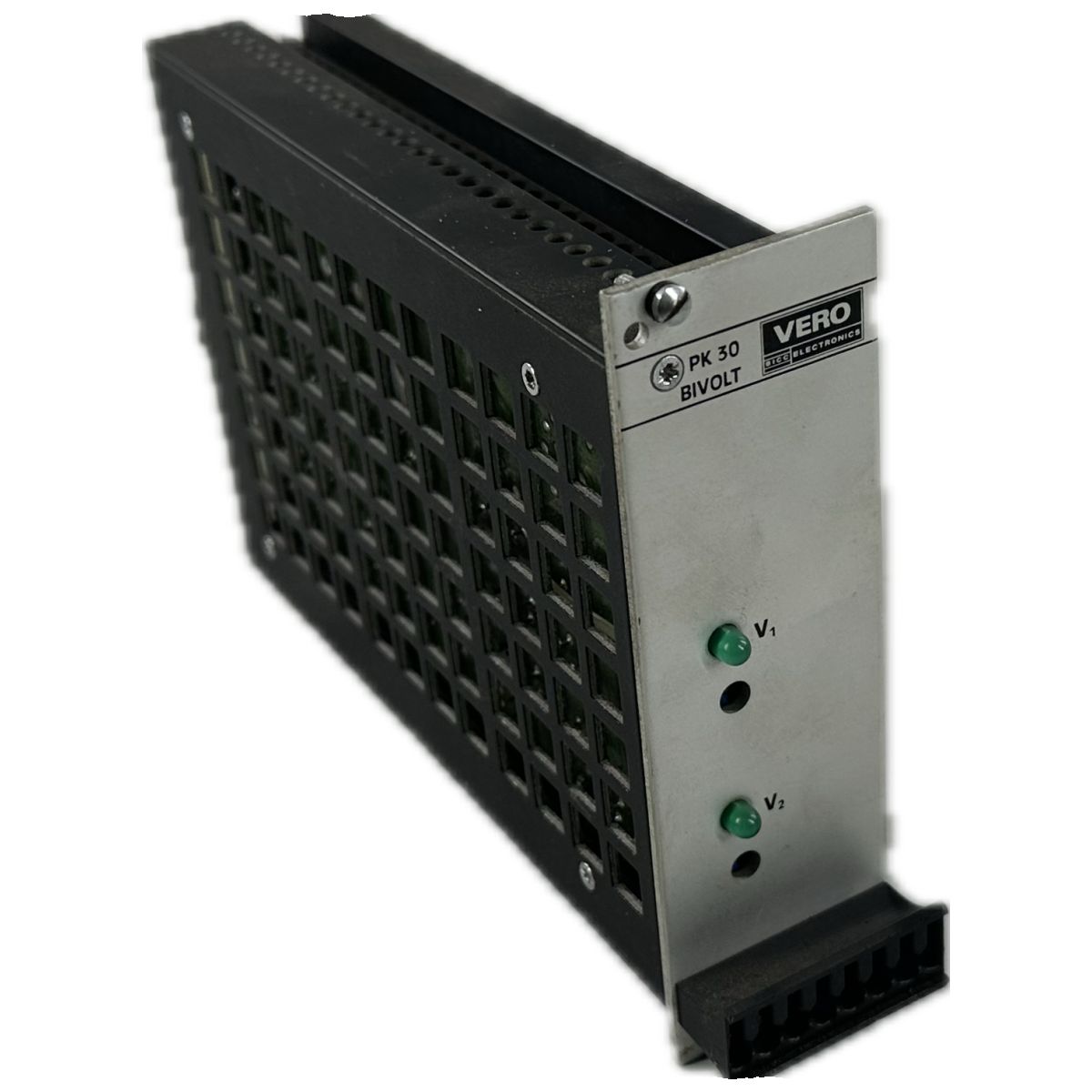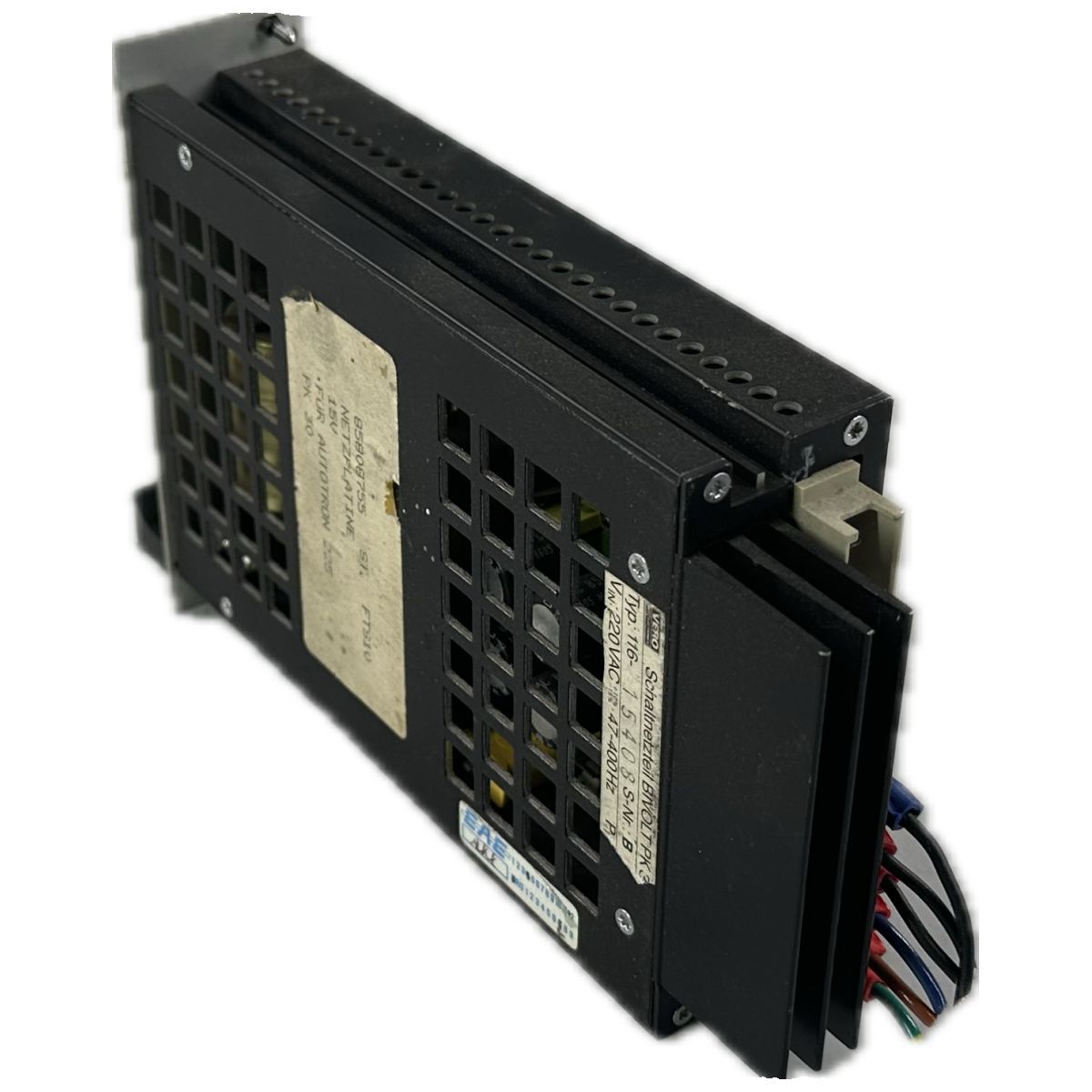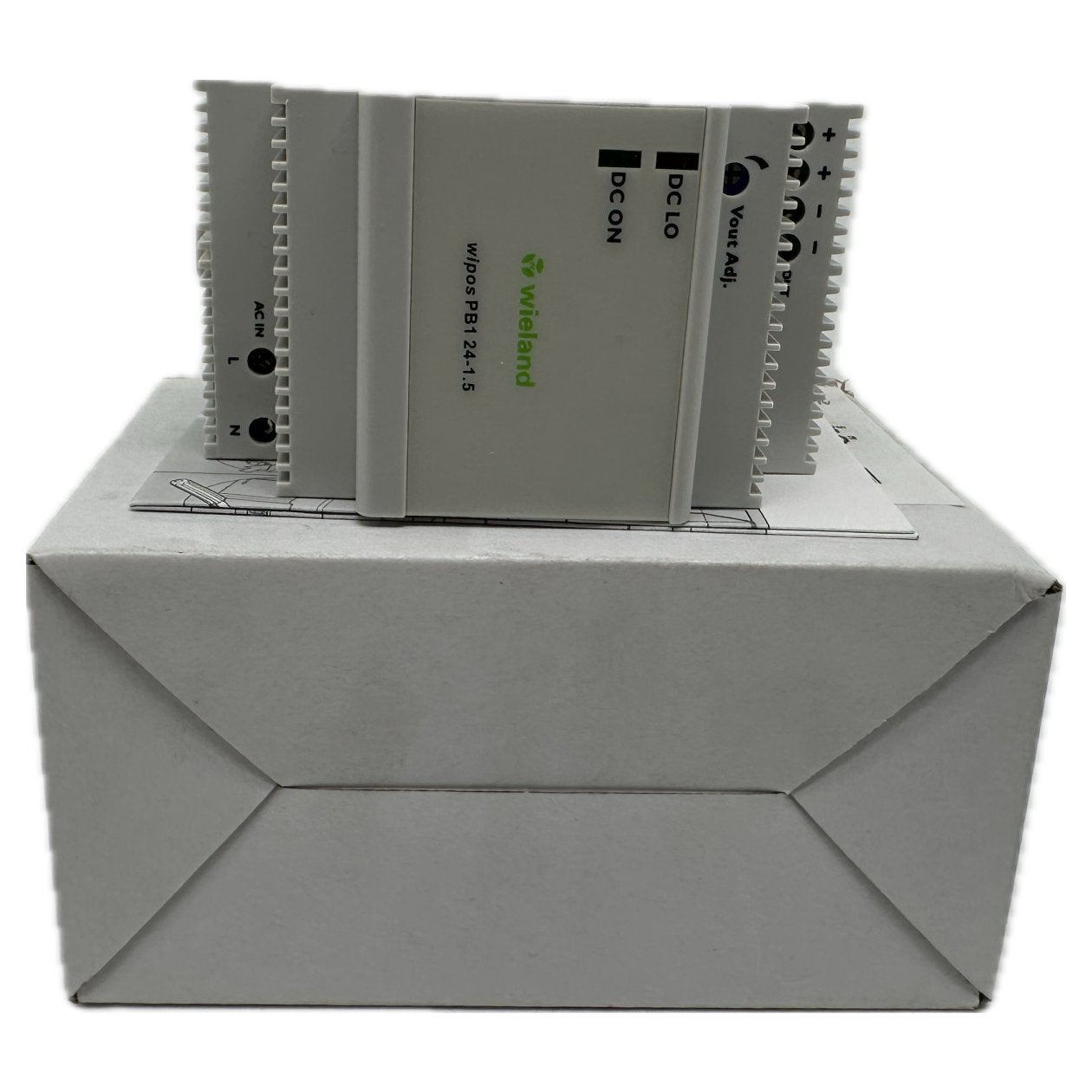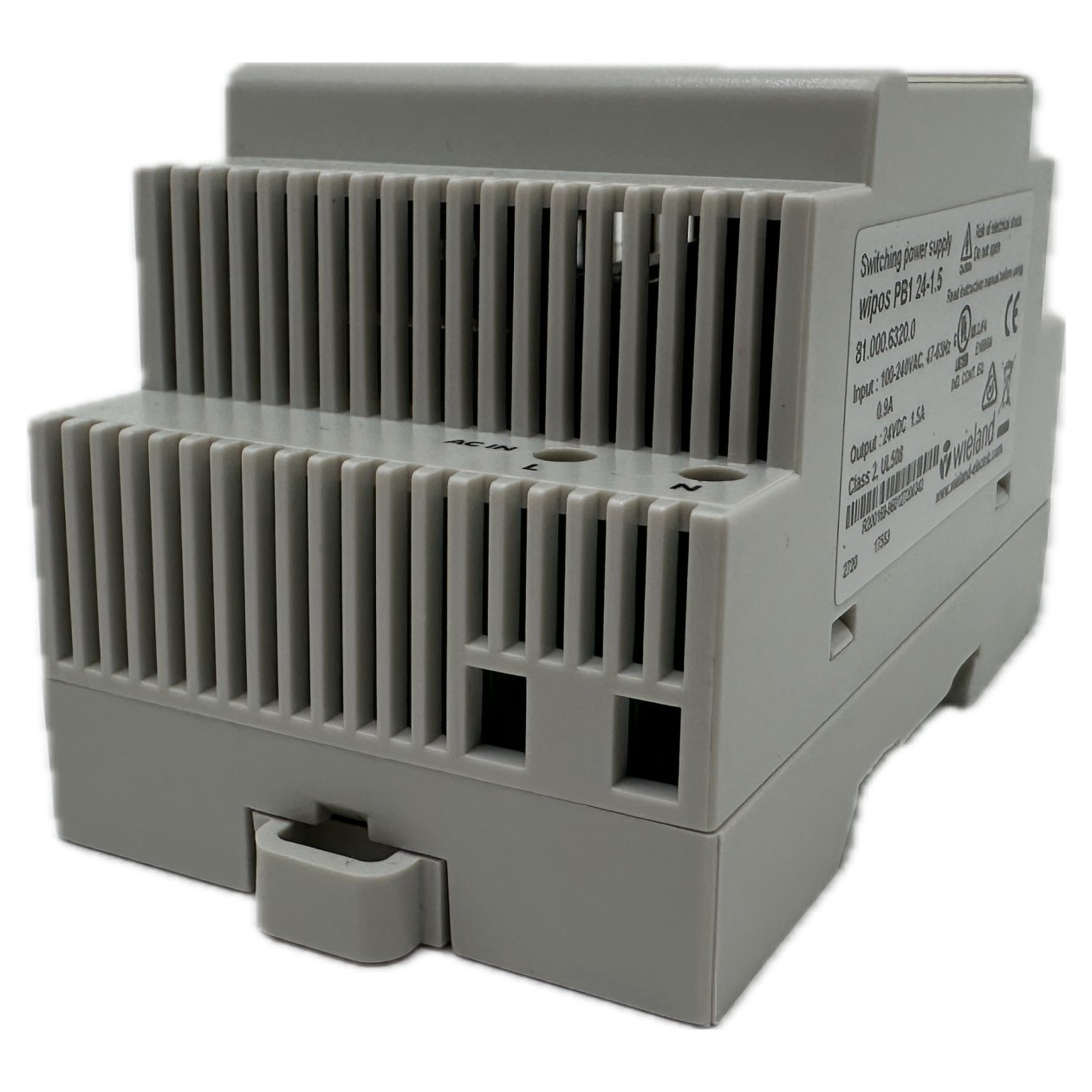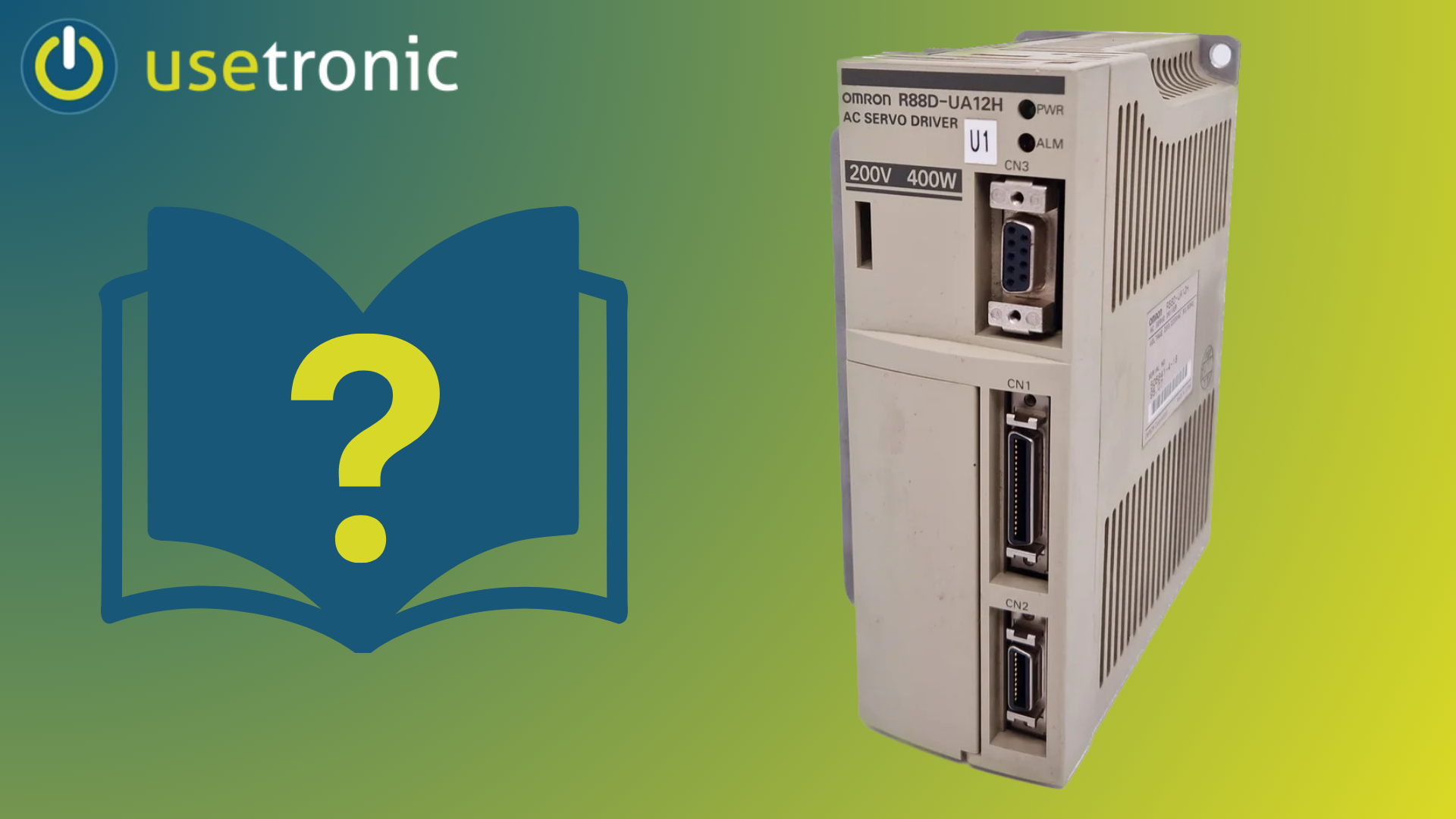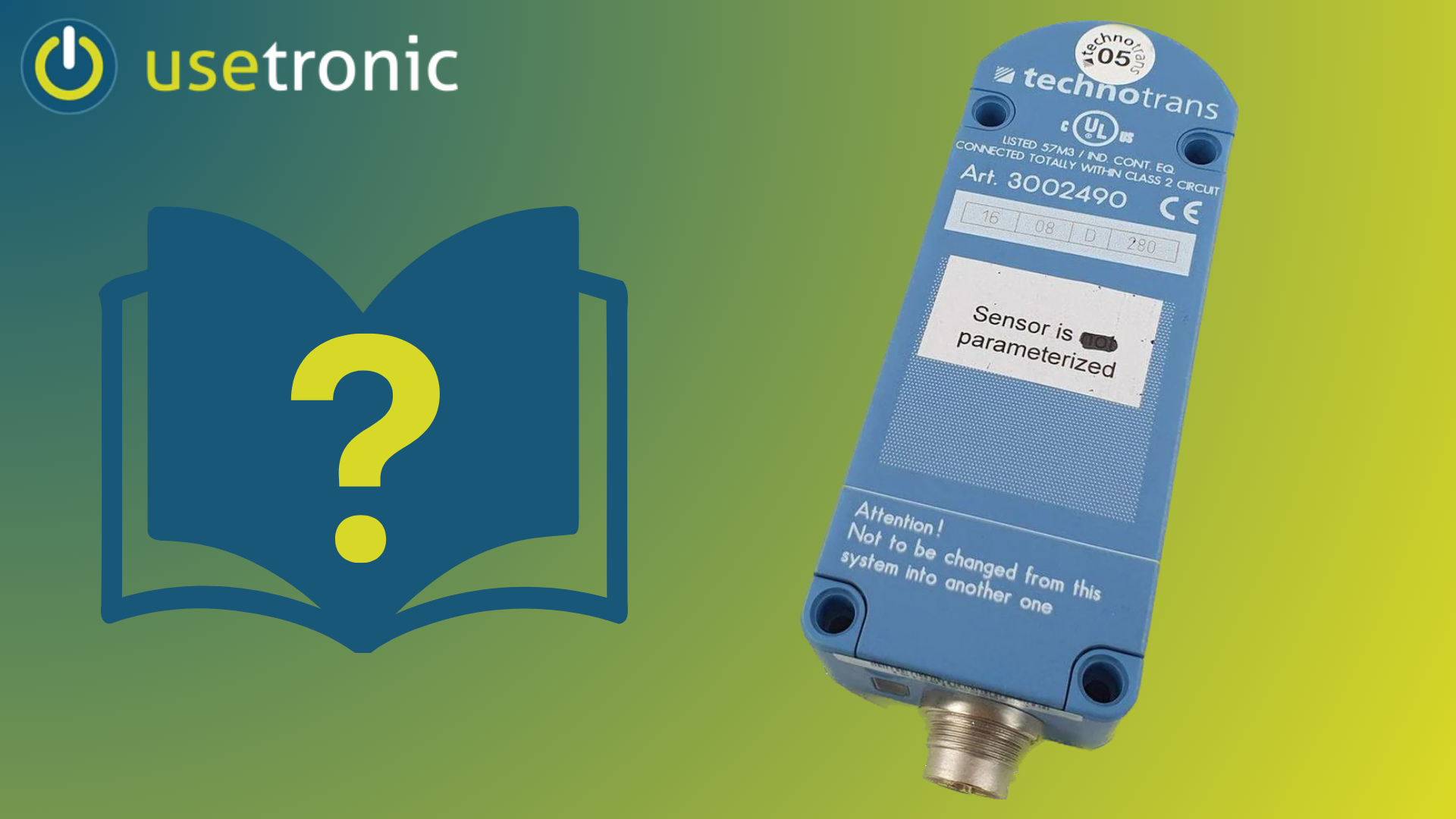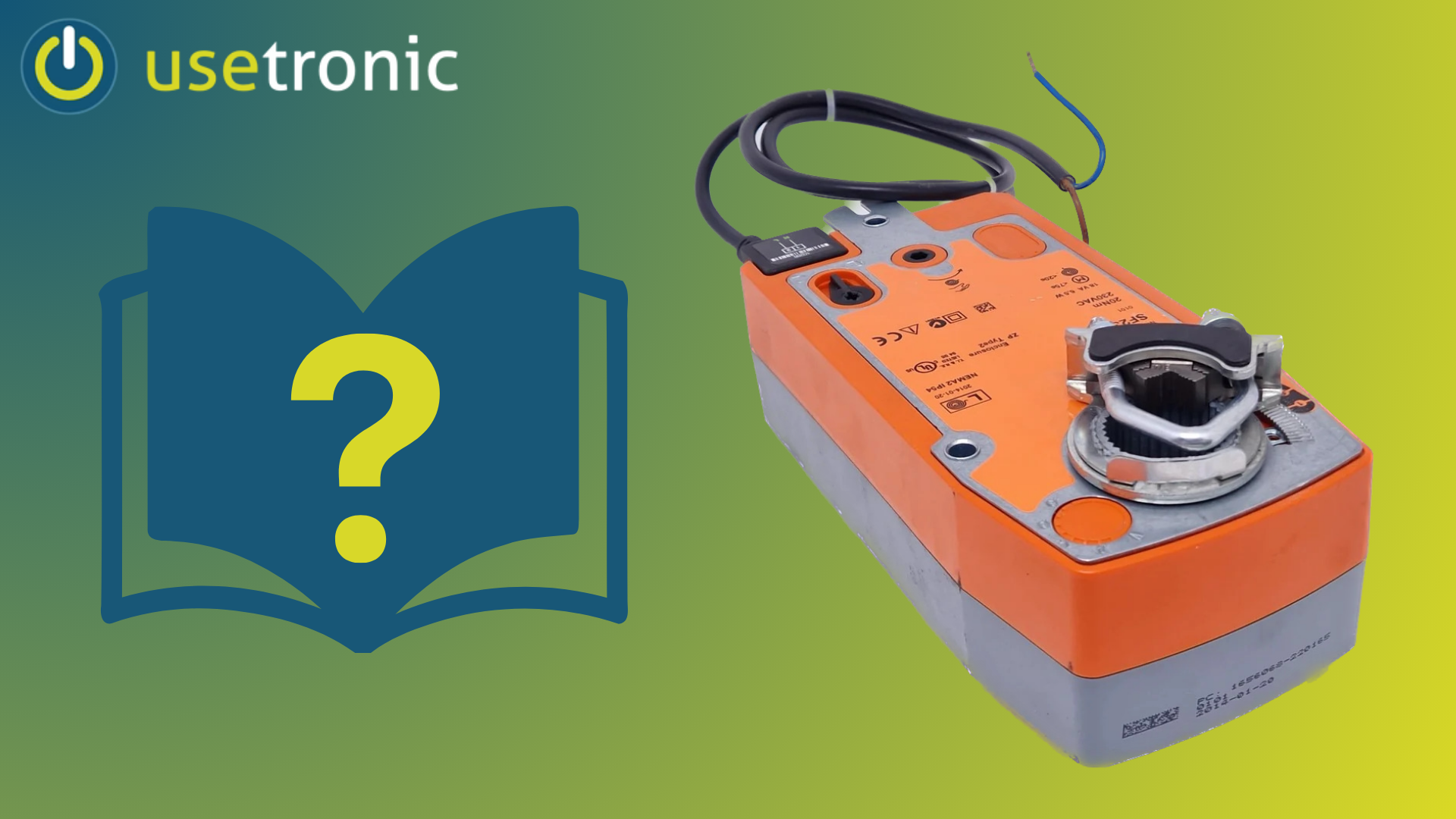What Is a Thyristor Controller? Simply Explained
A thyristor controller is an electronic control device used to regulate power supply in electrical systems – particularly in heating systems, motors, and lighting. It operates using semiconductor components (thyristors) to precisely control current flow, often depending on phase or voltage.
🔧 How Does a Thyristor Controller Work?
A thyristor allows current to pass in one direction only after it has been triggered. In controllers, typically two thyristors connected in antiparallel are used to manage AC current in both directions.
- Phase-angle control: The thyristor is triggered later within each half-wave of the AC cycle → reduced energy flow.
- Phase-off control: Current is allowed only for part of the half-wave → finer control.
- Voltage control: Mainly used in DC applications.
⚙️ Typical Applications of Thyristor Controllers
- Industrial heating systems: e.g., furnace control, heating zones in extruders
- Temperature regulation: in plastics, textiles, and glass processing
- Dimming of lighting: especially in high-load systems
- Motor control: for soft starting processes
- Pre-regulation of transformers: to prevent voltage spikes
🧠 Advantages of Thyristor Controllers
- ✅ Wear-free: no mechanical contacts
- ✅ Fast response: ideal for precise temperature control
- ✅ Compact & robust: suitable for continuous industrial loads
- ✅ Stepless regulation: especially for heating or lighting control
⚠️ Disadvantages & Challenges
- ❌ Power line disturbances: due to harmonics (EMC issues)
- ❌ No galvanic isolation: additional safety components often required
- ❌ More complex cooling: necessary under continuous high loads
📊 Comparison: Thyristor Controller vs. Relay vs. SSR
| Feature | Thyristor Controller | Relay | SSR (Solid State Relay) |
|---|---|---|---|
| Lifespan | 🔋 Very high | 🔁 Limited switching cycles | 🔋 High |
| Switching speed | ⚡ Very fast (ms) | 🐢 Slow (mechanical) | ⚡ Fast |
| Control capability | ✅ Stepless | ❌ ON/OFF only | ❌ ON/OFF only |
| EMC behavior | ❗ Critical | ✅ Good | ✅ Good |
🧠 Conclusion: When Is a Thyristor Controller Worth It?
Thyristor controllers are ideal for high-power, precisely regulated applications – especially in heating and industrial processes. Their durability, precision, and fast response time make them indispensable for many automation tasks.
❓ Frequently Asked Questions (FAQ)
▶️ What is a thyristor?
A thyristor is a semiconductor component that becomes conductive when triggered and continues to conduct until the AC current reaches zero – similar to an electronic valve.
▶️ What advantages do thyristor controllers have over relays?
They operate faster, are wear-free, and allow stepless power control – relays are typically only capable of switching ON/OFF.
▶️ Where are thyristor controllers used?
Primarily in industrial heating systems, lighting control, transformers, or temperature regulation in complex systems.
▶️ Are there alternatives to thyristor controllers?
Yes, such as solid state relays (SSR) or IGBT-based power controllers – depending on application, frequency, and control requirements.

